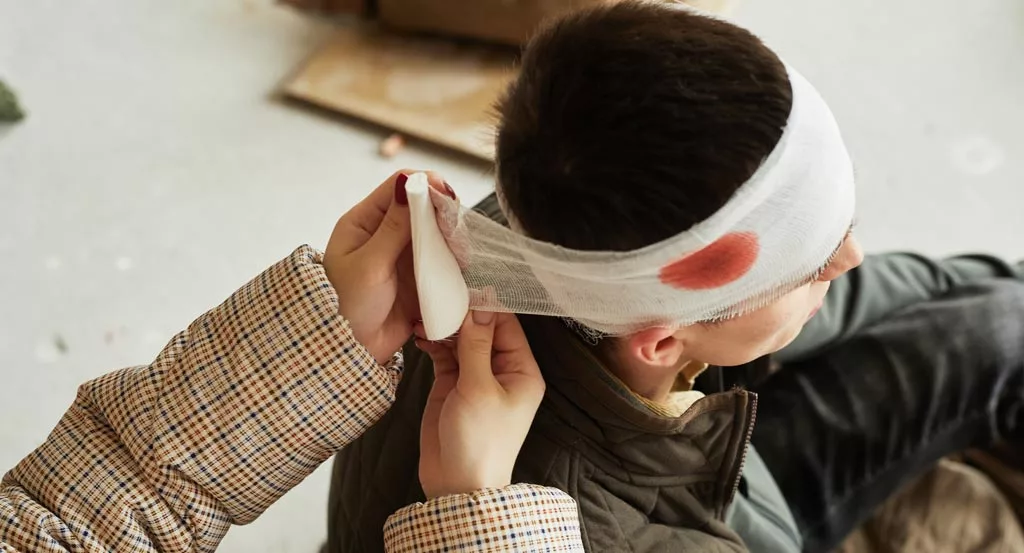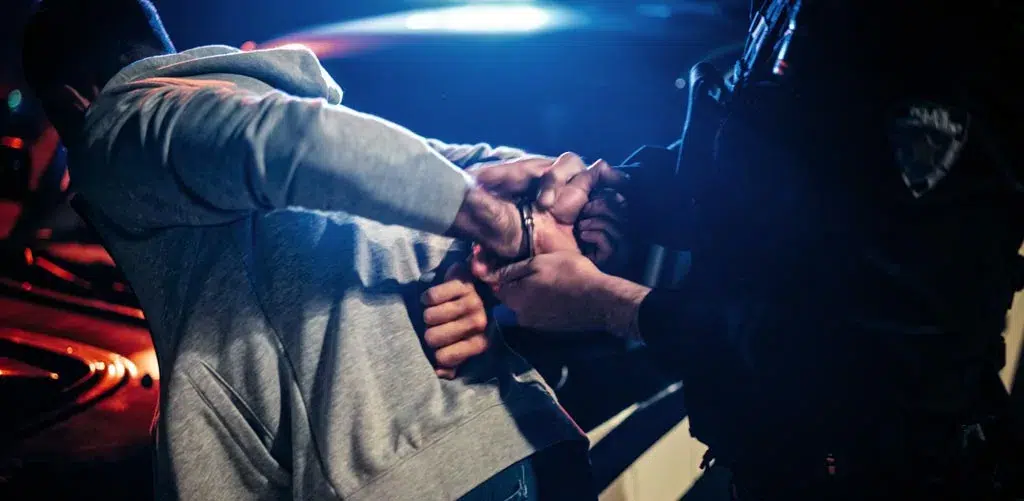
Injustice Trauma: Examples, Effects, And Affirming Care
Understanding and Finding Care in The Context Of Injustice Trauma
Table of Contents
Unfortunately, most people who are part of a marginalized group have experienced injustice. Injustice can lead to various mental health effects and can harm the body, too. Despite the known repercussions, trauma from injustice is often overlooked. Being informed about injustice and trauma is necessary.
So, what exactly does it mean, and how do you find mental healthcare for the treatment of injustice trauma? Keep reading to find out more about effective programs for trauma treatment, and how our clinical experts at Emerald Isle Health & Recovery can help!
Confidential Trauma Assessment
What Is Injustice Trauma?
Injustice trauma refers to trauma that occurs when someone is unfairly targeted, mistreated, judged, blamed, or blocked from opportunities based on something perceived as a difference in society. A person or group may experience injustice trauma based on sexual orientation, race, disability status, size, or something else.
Many people who experience injustice trauma are gaslit or overlooked, thus furthering the emotional toll injustice causes. This is why it is crucial to bring awareness and a no-tolerance policy to injustice.
What are Some Examples Of Injustice Trauma?

To make sense of injustice trauma, it can be beneficial to review common forms it comes in. Here are some examples of injustice trauma you or someone you know may have experienced.
Police brutality
Police brutality is a prime example of how injustice trauma manifests. Being falsely accused or receiving disproportionate legal repercussions is more likely to occur when an individual is part of a marginalized group or community.
Overlooked interpersonal violence (e.g., domestic violence)
It is common for marginalized groups to experience other forms of trauma, including intimate partner violence. Due to being perceived as an outsider, it can be harder to get help. One example of how this can manifest is intimate partner violence in lesbian relationships, whether that occurs in the form of physical abuse, verbal abuse, stalking, or something else.
Due to societal beliefs about gender, an abuse victim may be overlooked in the justice system and may not be taken seriously.
Work and school opportunities
An unfortunate fact is that most marginalized groups are more likely to experience poverty. In some cases, this can be linked to discrimination, safety issues, and other challenges at work or school. Lower levels of employment are seen in the transgender community, for example.
Bullying
Bullying is considered an adverse childhood experience that can emotionally and physically impact people for life. That said, bullying does not affect children only. Adults, too, can experience bullying and its effects.
Statistics show that marginalization has an impact on the likelihood that someone will face bullying.
What are the Effects Of Injustice Trauma?

Feelings of anger are rightful when it comes to injustice. There are consequences of injustice itself, but what are the other effects? Injustice often acts as a vicious cycle, putting strain on the brain and body.
Trauma-related to injustice can impede healing from other life events and lead to other challenges, such as:
- Increased physical and mental health concerns (e.g., anxiety, depression, PTSD)
- Lower access to quality physical or mental health care
- Lack of trust in others, especially professionals and authority figures
- Feelings of helplessness
- Negative beliefs about oneself or others
Marginalized groups deserve an equal chance at healing. Finding the right kind of emotional support is particularly crucial in this context and can make a major difference in a person’s life. Let’s talk about what that can look like.
24 Hour Trauma and Mental health Helpline – Call Now!
Taking Your Power Back
It is possible to take your power back after injustice trauma. Talking to a mental health professional can help you cope with and navigate the effects of injustice trauma. With a professional such as a therapist, counselor, social worker, or psychologist, you can process grief, work through emotions related to trauma, and find healthy coping skills.
I have found that therapy also helps with navigating challenges related to communication, negative self-talk, and accepting what I can’t control. Again, it is critical to find the right support, especially if you’ve been traumatized by providers and authority figures in the past.
Finding Mental Health Support After Injustice
How do you approach finding mental health support after injustice? While I can only speak for myself as a member of the LGBTQIA+ community, I have found affirming care incredibly valuable and believe that it is critical to increasing the number of providers informed on these topics.
I feel it’s key to look for a professional able to acknowledge how injustice and trauma impact individuals and collective groups. When it comes to finding mental health support for injustice trauma, one of the most crucial things you can do is find a professional who is trauma-informed and specializes in the group you are a part of.
Using myself as an example, meant looking for an LGBTQIA+ affirming therapist who was versed in working with and understanding the experiences of the LGBTQIA+ community.
Some people even seek a therapist, or another mental health provider, who is part of their demographic group to avoid problems they might’ve run into in the past with providers who didn’t understand or contributed to further harm.
You also want to find someone that you are personally comfortable with. It’s okay if you need to switch therapists, other providers, or even treatment centers to find the right fit. At Emerald Isle, we pride ourselves on having an inclusive, trauma-informed approach to help meet the unique needs of every client that walks through our doors.
Move Beyond Resilience with Emerald Isle Health & Recovery

Many of us who have experienced a traumatic event, inequity, and similar challenges have been forced to be too strong for too long. Emerald Isle Health & Recovery is here to help you heal and move beyond resilience. Emerald Isle Health & Recovery is a mental health and addiction treatment center in Arizona that offers a wide range of services.
The services Emerald Isle Health & Recovery offers include but aren’t limited to individual therapy, inpatient treatment, and outpatient treatment services. When you contact Emerald Isle Health & Recovery, you will speak with a treatment specialist who will help you find care that meets your needs.
Make a completely confidential call to Emerald Isle Health & Recovery or fill out the Contact Us form on the website to get more information about treatment options now!
Immediate Placement for Mental Health Treatment
Frequently Asked Questions (FAQs) on Trauma from Injustice
What can cause injustice trauma?
Nearly any act where a person is discriminated against, judged, harmed, or otherwise experiences mistreatment because they are part of a marginalized group can cause injustice trauma.
Can injustice cause PTSD?
Experiencing or witnessing any traumatic event can lead to post-traumatic stress disorder (PTSD). Examples of traumatic events can include but aren’t limited to natural disasters, war, police brutality, and being a victim of crimes such as sexual assault.
Occurrences related to injustice can cause PTSD, which may be why some marginalized groups are statistically more likely to be affected by the condition.








